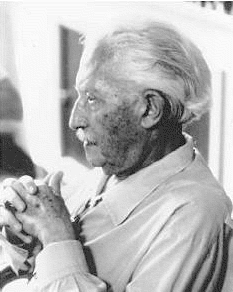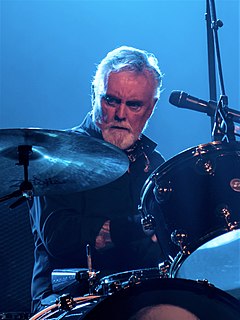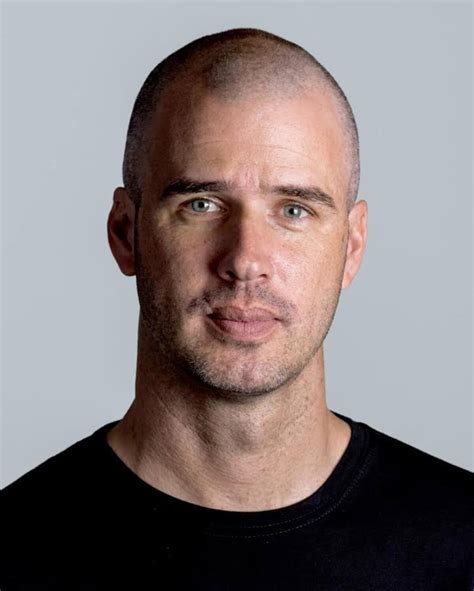A Quote by Holly Lisle
This is writing. You cut out chunks of your own memories, rework them, bleed into them, breathe into the raw clay, and hope the creature lives.
Related Quotes
In working on a drawing or a painting, one can rework and rework and rework and change ideas until you get it the way you think is right at that time. With clay that's not possible. You either succeed the first time, or you should wad it up and start over again, because you can't mess around with the clay and still have it fresh.
We cut the throat of a calf and hang it up by the heels to bleed to death so that our veal cutlet may be white; we nail geese to a board and cram them with food because we like the taste of liver disease; we tear birds to pieces to decorate our women's hats; we mutilate domestic animals for no reason at all except to follow an instinctively cruel fashion; and we connive at the most abominable tortures in the hope of discovering some magical cure for our own diseases by them.
If you cannot read all your books...fondle them---peer into them, let them fall open where they will, read from the first sentence that arrests the eye, set them back on the shelves with your own hands, arrange them on your own plan so that you at least know where they are. Let them be your friends; let them, at any rate, be your acquaintances.
It's a long haul bringing up our children to be good; you have to keep doing that — bring them up — and that means bringing things up with them: Asking, telling, sounding them out, sounding off yourself — finding, through experience, your own words, your own way of putting them together. You have to learn where you stand, and make sure your kids learn [where you stand], understand why, and soon, you hope, they'll be standing there beside you, with you.
The painting showed a hairless, oppressed creature with a head like an inverted pear, its hands clapped in horror to its ears, its mouth open in a vast, soundless scream. Twisted ripples of the creature's torment, echoes of its cry, flooded out into the air surrounding it; the man or woman, whichever it was, had become contained by its own howl. It had covered its ears against its own sound. The creature stood on a bridge and no one else was present; the creature screamed in isolation. Cut off by - or despite - its outcry.
I don't know your story or your dreams or the things that steal your sleep, but I know they matter. I hope you story is rich with characters, rich with friends and conversation. I hope you know some people who carry you, and I hope you have the honor of carrying them. I hope that there's beauty in your memories, and I hope it doesn't haunt you. And if it does, then I hope there is someone who will walk you through the night and remind you of the promise of the sunrise, that beauty keeps coming, that there are futures worth waiting and fighting for, and that you were made to dream.
I'm doing more deep listening, which is part of the role or job of the songwriter. I think with a lot of songwriting, songs sing themselves to you tonally and also lyrically. And it's not necessarily your own visual memories that are writing the song. It's like there are words that you can catch out there and you have to be able to see and hear them.
You can accept or reject the way you are treated by other people, but until you heal the wounds of your past, you will continue to bleed. You can bandage the bleeding with food, with alcohol, with drugs, with work, with cigarettes, with sex, but eventually, it will all ooze through and stain your life. You must find the strength to open the wounds, stick your hands inside, pull out the core of the pain that is holding you in your past, the memories, and make peace with them.






































